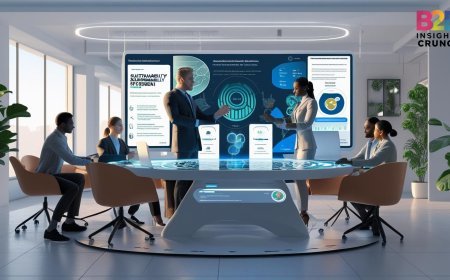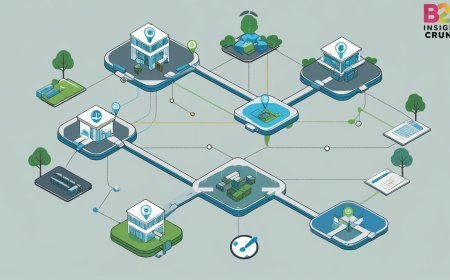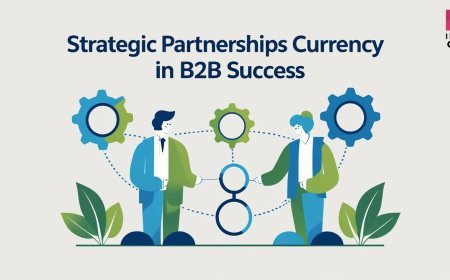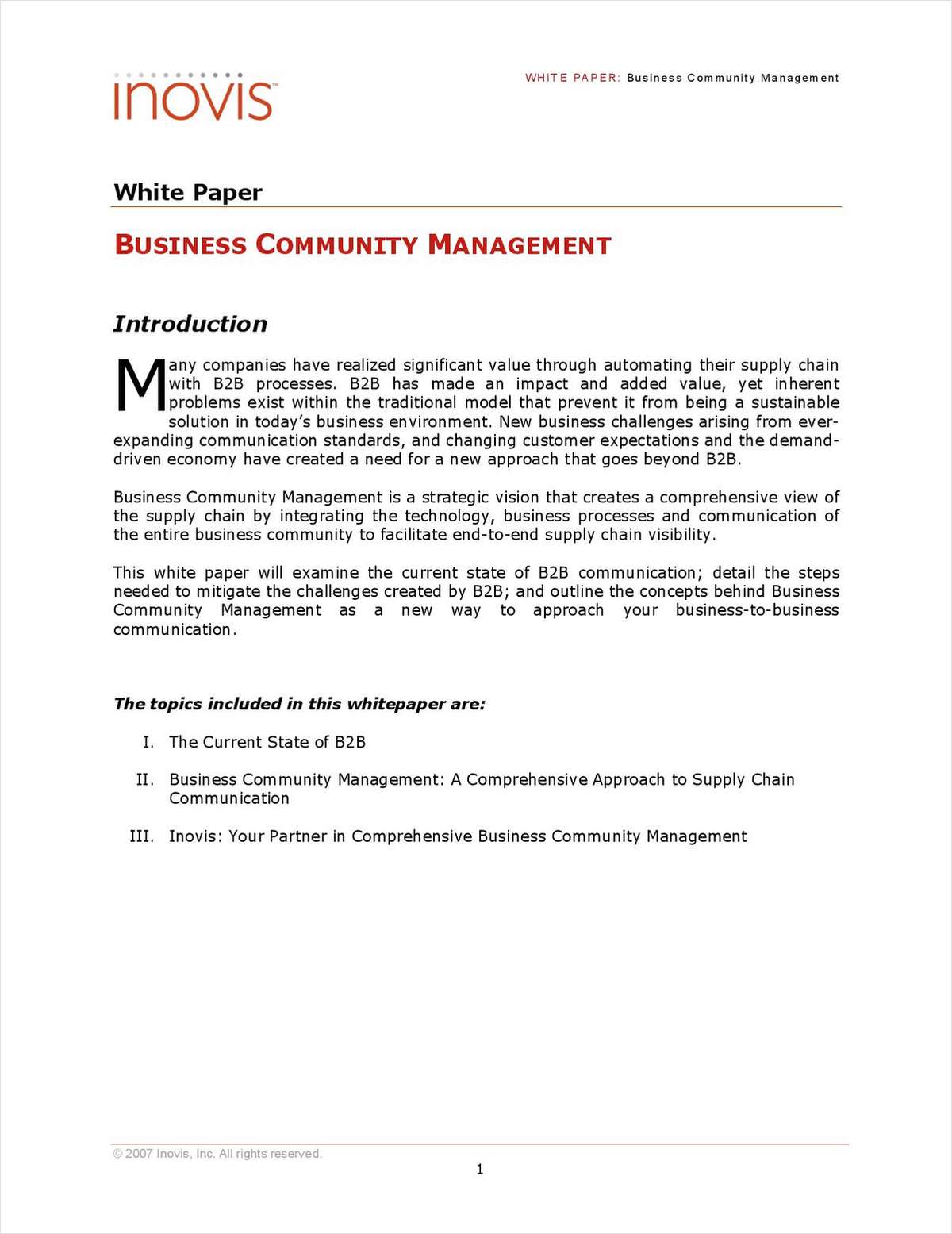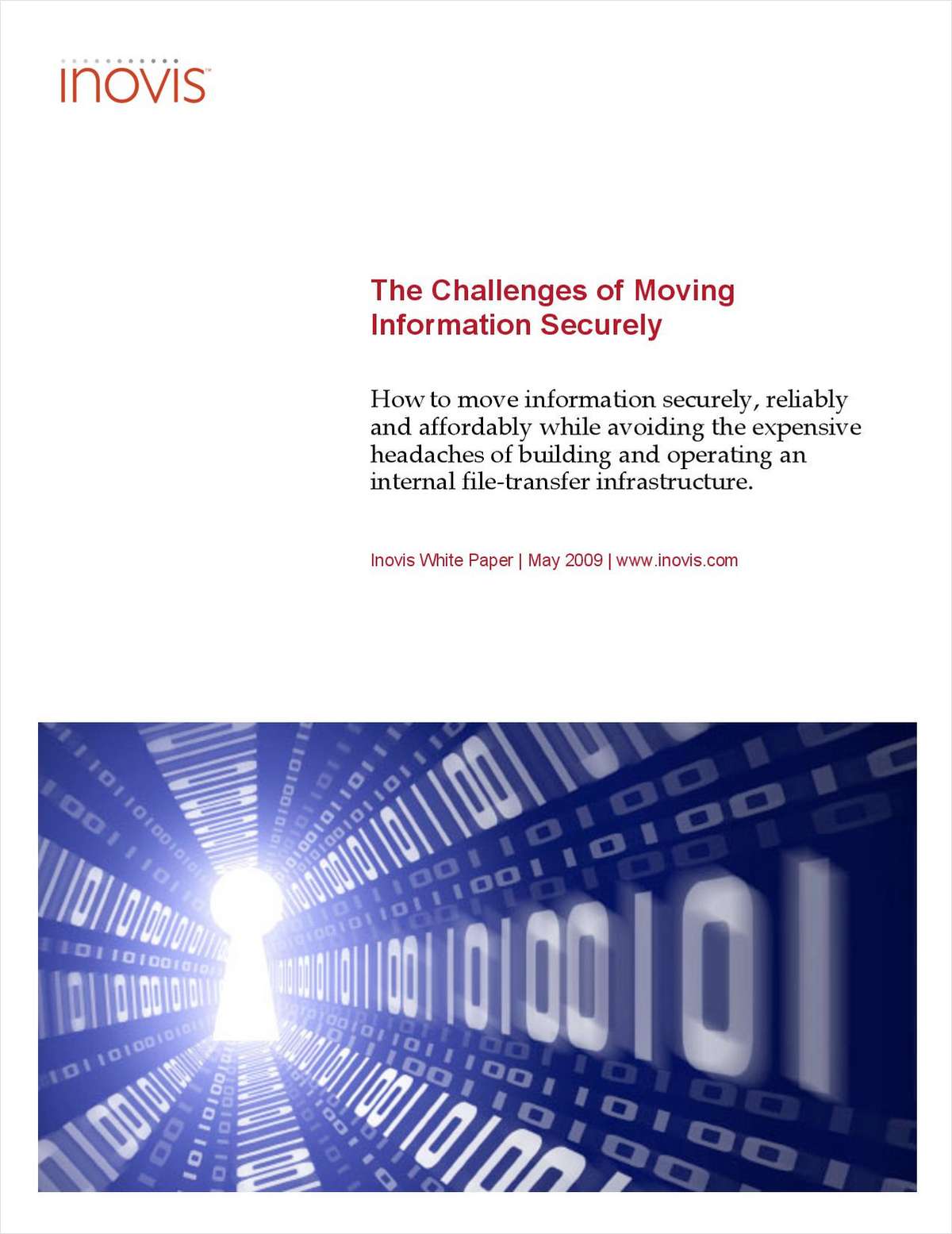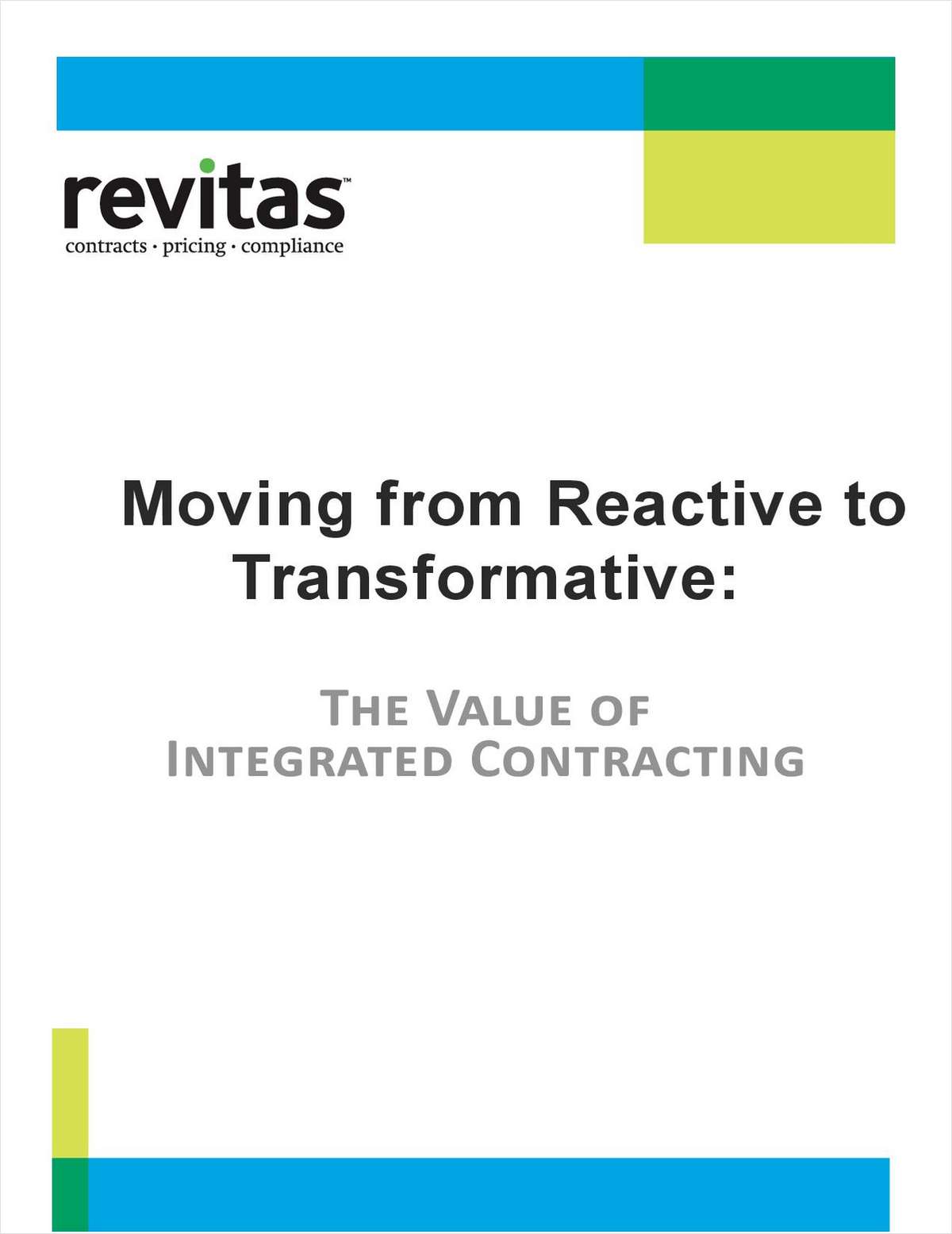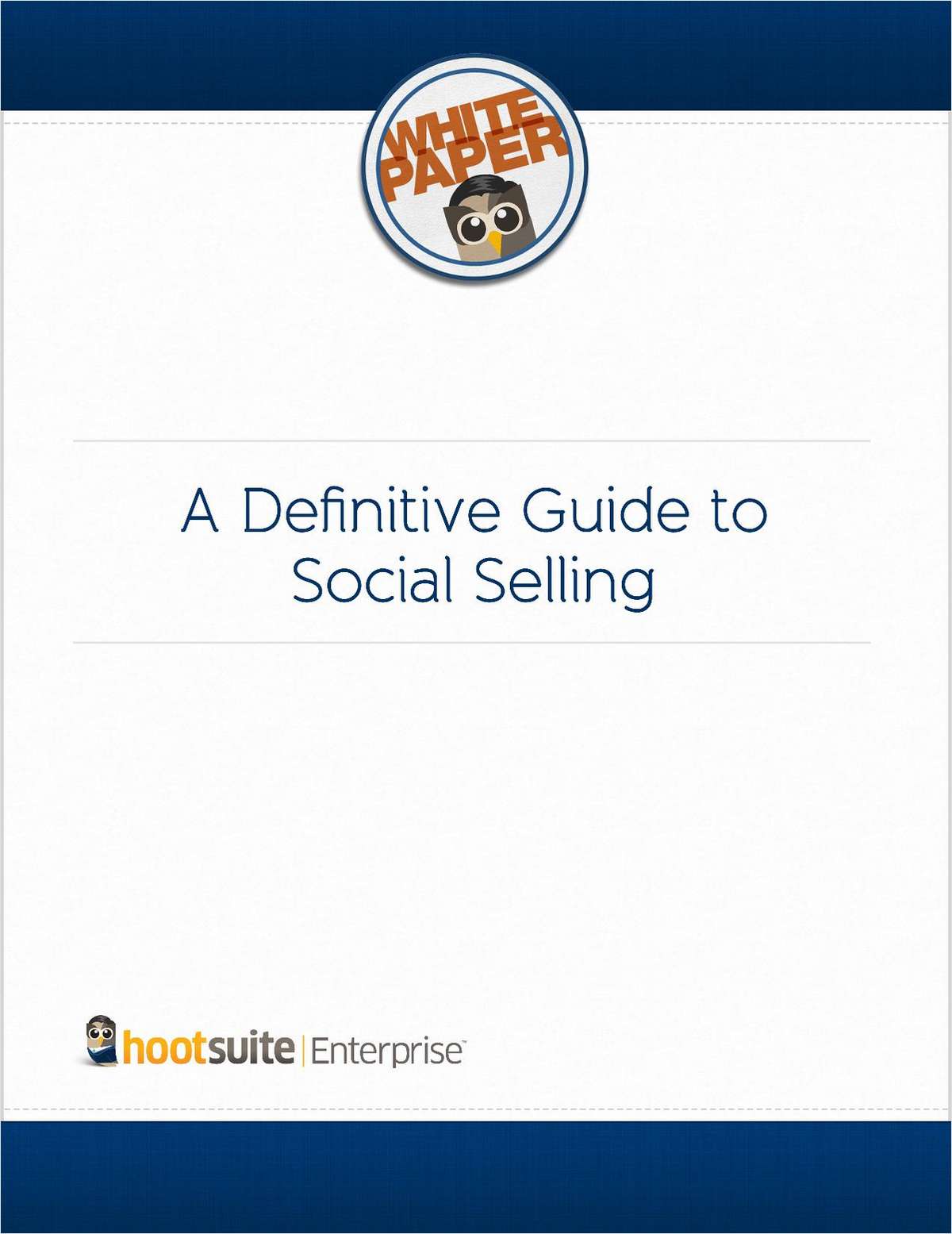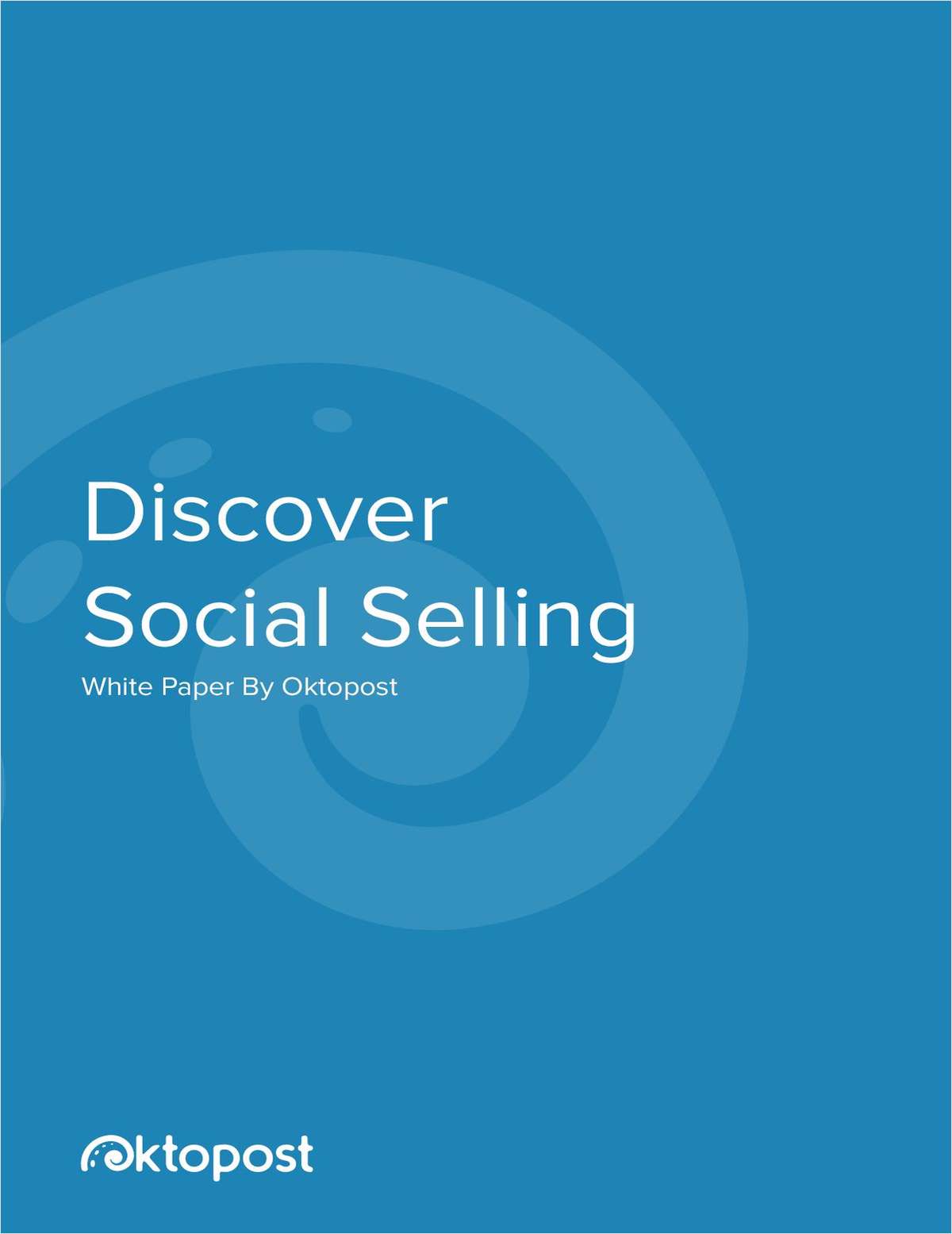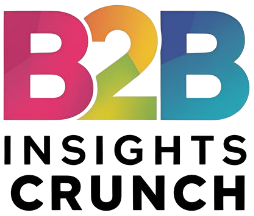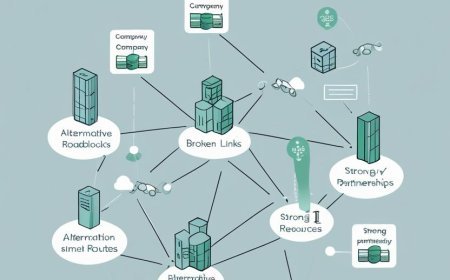The Role of Sustainability in B2B Procurement Decisions
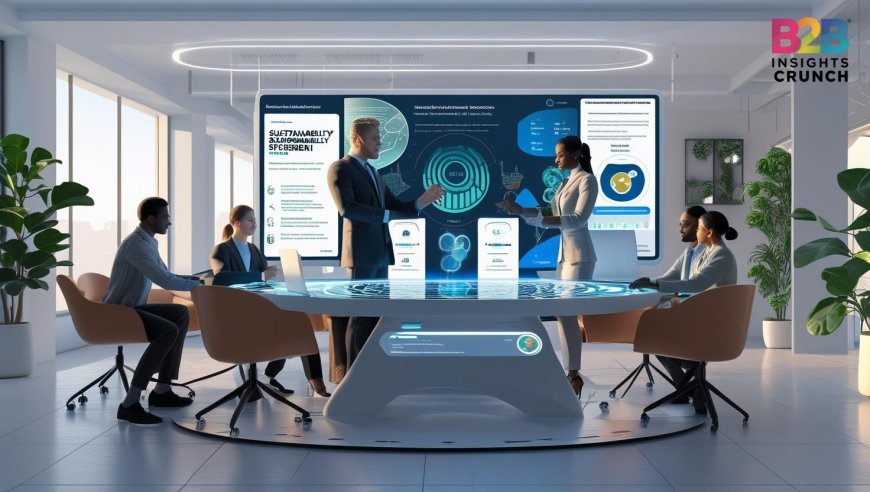
The Role of Sustainability in B2B Procurement Decisions
In recent years, sustainability has moved from being a buzzword to a core factor influencing B2B procurement decisions. What was once considered a niche concern for environmentally conscious companies is now a strategic imperative shaping how businesses select suppliers, products, and services. As climate change, resource scarcity, and social responsibility take center stage, sustainability is becoming a decisive element in B2B purchasing processes, redefining value beyond cost and functionality.
One of the driving forces behind this shift is the growing awareness among businesses that their procurement choices have far-reaching impacts—not only on the environment but also on their brand reputation, regulatory compliance, and long-term operational resilience. Companies increasingly recognize that sustainable procurement is not just about reducing their carbon footprint but also about mitigating risks linked to supply chain disruptions, rising costs of raw materials, and evolving stakeholder expectations.
Sustainability in B2B procurement encompasses a wide spectrum of practices. It involves selecting suppliers who adhere to ethical labor standards, use eco-friendly materials, minimize waste, and maintain transparent reporting on their environmental and social impact. More than ever, buyers are asking tough questions about how products are made, where materials come from, and what efforts suppliers are taking to reduce emissions or enhance circularity.
For many businesses, incorporating sustainability into procurement decisions is a way to align with their corporate values and meet the demands of customers, investors, and regulators who are increasingly scrutinizing environmental, social, and governance (ESG) performance. This alignment also fosters stronger partnerships between buyers and suppliers, based on shared commitments to responsible business practices.
The role of sustainability also intersects with innovation. Forward-thinking procurement teams are seeking out suppliers who bring new solutions that improve efficiency and reduce environmental impact. This might include products designed for reuse or recycling, energy-efficient technologies, or materials sourced from renewable resources. In this way, sustainability drives not just ethical responsibility but also competitive advantage.
However, integrating sustainability into B2B procurement is not without challenges. It requires robust data collection, assessment frameworks, and collaboration across departments and with suppliers. Many companies struggle with balancing sustainability goals against budget constraints and the need for timely delivery. Yet, the trend is clear-sustainability is becoming a baseline expectation rather than an optional add-on.
Technology plays an important role in enabling sustainable procurement. Advanced analytics and digital platforms help companies evaluate supplier sustainability performance, track carbon emissions, and monitor compliance with standards in real-time. These tools make it easier to identify risks and opportunities and to report transparently on sustainability efforts.
Ultimately, sustainability is reshaping the landscape of B2B procurement by expanding the definition of value. It encourages companies to think beyond short-term costs and consider the long-term benefits of responsible sourcing-whether that means protecting natural resources, enhancing social equity, or building resilient supply chains.
As we move further into the 2020s, the role of sustainability in B2B procurement will only deepen. Buyers and suppliers who embrace this shift with authenticity and innovation will not only contribute to a better world but also position themselves for lasting success in an increasingly conscientious market. The future of procurement lies in balancing profit with purpose, creating partnerships that are as sustainable as they are profitable.
